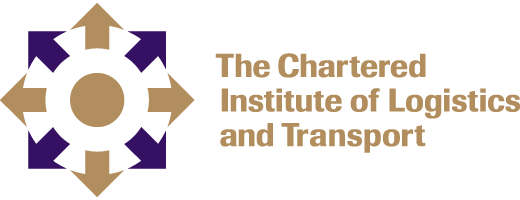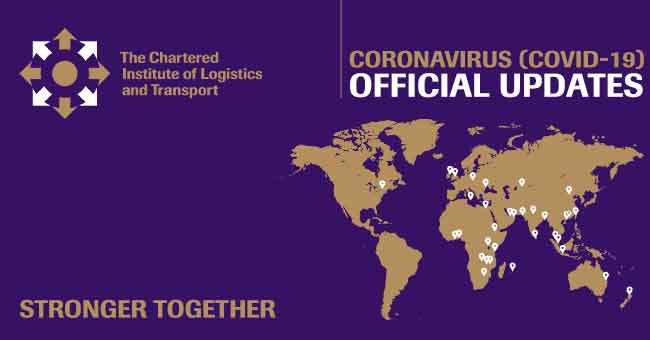Each country approach is different and there are marked differences between Asian countries that have experienced similar virus issues, notably with SARS, and European countries at present. Much of this is health related with different approaches to testing and the isolation of affected individuals. Singapore for example hospitalise every Coronavirus case regardless of the severity.
In the transport and logistics industry it is very important for trade and membership bodies, and businesses to adhere to government guidelines and help to interpret them for their workforce and their customers. The ability of the transport and supply chain to contribute to recovery is something into which the Trade bodies can offer insights. We need to develop a resilience to deal with shocks and plan the basis of recovery for our sector.
Influencing governments at an early stage is critical in this and CILT should plan an appropriate strategy for each country it operates with. This includes working collaboratively with other representative bodies and with each corporate member. To help businesses survive both large and small businesses can be assisted by fiscal measures, reductions in bank rates and government business loan schemes. Some countries may consider a broader fiscal package including a cut in payroll tax. Different countries have different ways to subsidize the transport operators and a fuel subsidy would have a direct impact.
These are some initial thoughts and the situation is rather fluid. At the moment it is more important to use existing relationships with government and other bodies, communicate clearly on facts, and adopt a forward looking model.
This is an example of international business response which we are sharing as part of our global best practice resource to help you think about and determine appropriate responses locally.

